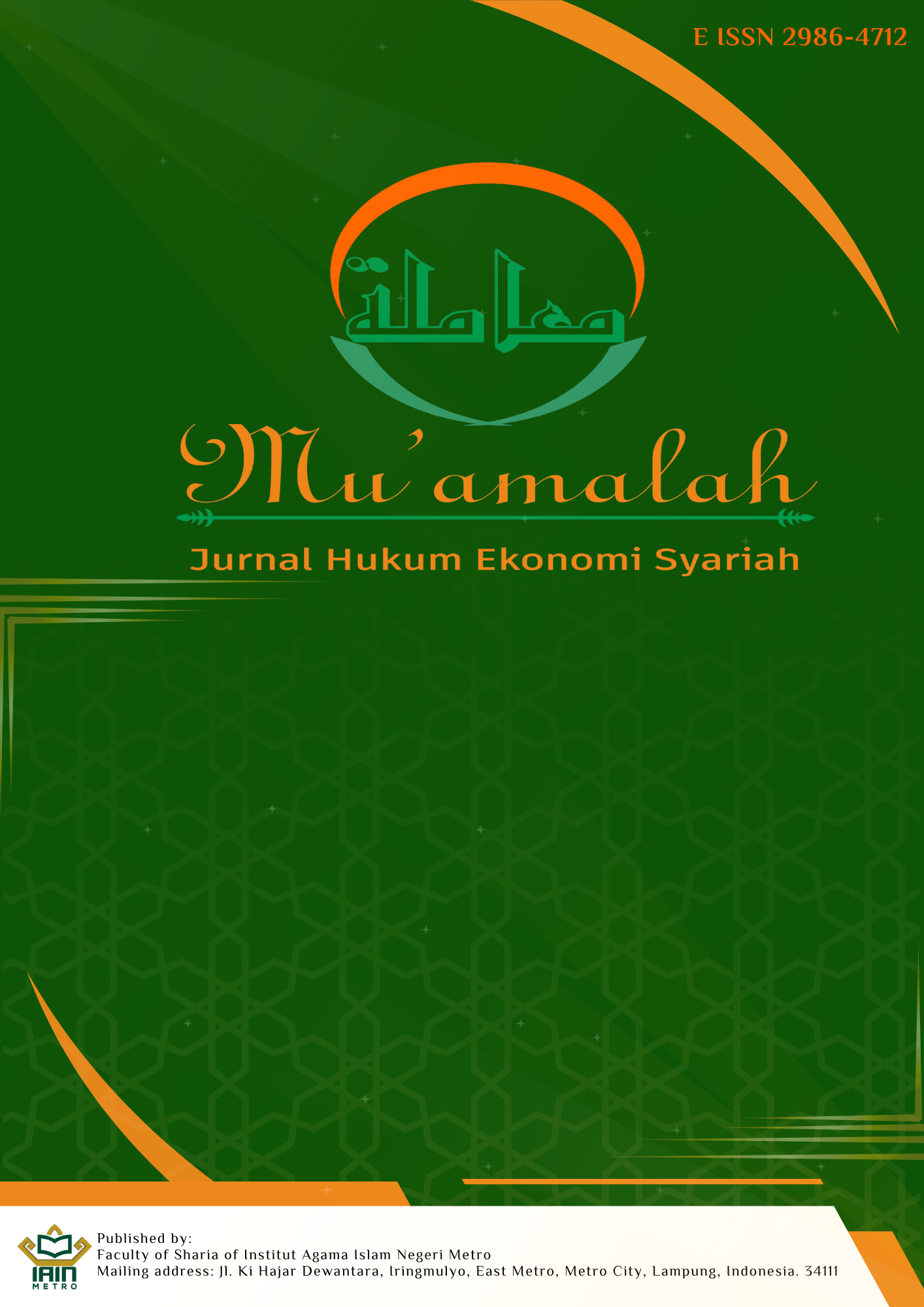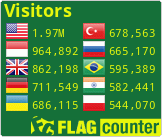Perlindungan Konsumen Persepktif Hukum Ekonomi Syariah
DOI:
https://doi.org/10.32332/muamalah.v1i1.3477Keywords:
Ekonomi Syariah di indonesia,Perlindungan Konsumen, KHES,Undang-Undang SanksiAbstract
The principles of Islamic economics are based on Islamic values that govern the behavior of both business actors and consumers, setting boundaries for transactions. One key distinction between Islamic economics and conventional economics lies in the guiding principles derived from Islamic law, particularly the Quran and Hadith, which ensure that economic activities comply with Sharia. Indonesia’s economic system should be aligned with both government regulations and Islamic law to create harmony between the two legal systems, promoting ethical behavior, honesty, and preventing harm to others. Conflicts often arise when actions deviate from established rules, highlighting the need for legal regulations that protect consumers and deter businesses from exploiting customers or manipulating goods for profit. Experts in economics should be actively involved in managing Indonesia's economy to ensure sustainable growth and prevent economic decline. The potential for Indonesia's economic development is significant, and strategic efforts must be intensified to support this growth. A well-regulated framework, with clear boundaries and strict sanctions, will prevent unethical practices, ensuring that economic activities are fair, just, and beneficial for all, ultimately contributing to Indonesia's economic progress.
Downloads
References
Downloads
Published
Issue
Section
License
Copyright (c) 2022 Hotman

This work is licensed under a Creative Commons Attribution-ShareAlike 4.0 International License.
All articles in the Mu'amalah: Jurnal Hukum Ekonomi Syariah can be disseminated on condition that they still include the identity of the article and the source (Mu'amalah). The publisher is not responsible for the contents of the article. The content of the article is the sole responsibility of the author.
Authors who publish this subject agree to the following terms:
First, the Authors retain copyright and grant the journal rights from the first publication with the work simultaneously licensed under a Creative Commons Attribution-ShareAlike 4.0 International License that allows others to share the work with an acknowledgement of the work's authorship and initial publication in this journal.
Secondly, the authors can enter into a separate or an acknowledgement of its initial (e.g., post-institutional repository or publish it in a book) publication in this journal.
![]()
Third, the authors are permitted and encouraged to post their work online (e.g., in institutional repositories or on their website) before publishing work is cited.








